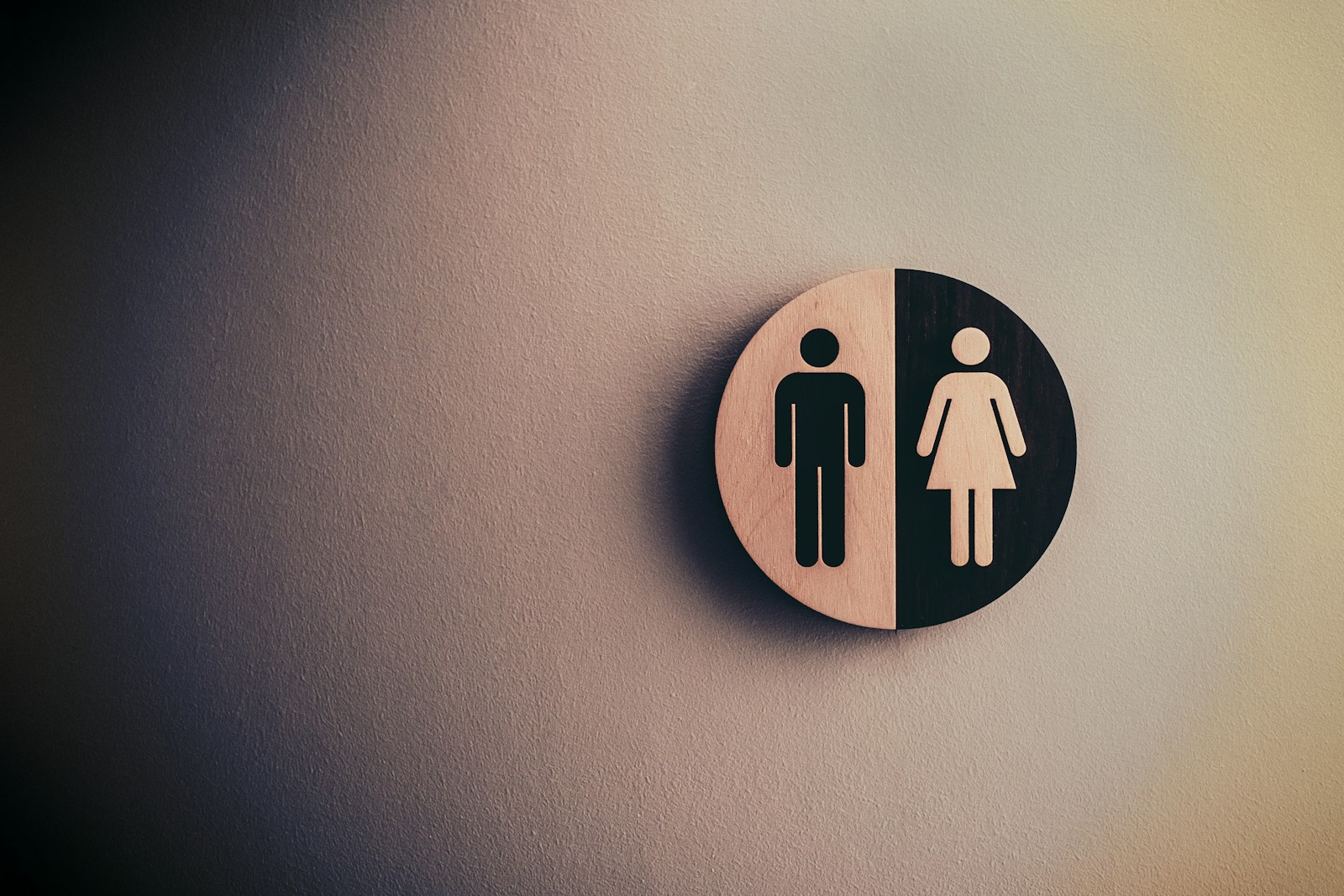Ohio’s Republican Governor Mike DeWine has just signed a bill that mandates students to use school bathrooms corresponding to their biological sex rather than their gender identity.
This legislation, known as Senate Bill 104, was officially enacted last Wednesday and is aimed at regulating bathroom access in primary and secondary schools, as well as institutions of higher learning.
The bill comes amid a broader cultural conversation regarding LGBT rights, reflecting a growing trend among some states to restrict bathroom access based on biological sex.
After passing through Ohio’s Republican-controlled legislature, the bill received a 60-31 vote in the House and a 24-7 vote in the Senate, with most support coming from Republican lawmakers.
According to the official statement from Governor DeWine’s office, the law aims to “protect all students” by clearly designating bathrooms and locker rooms for either male or female use only. Under this new rule, schools are prohibited from allowing students who identify as female to enter bathrooms reserved for males, and vice versa.
Additionally, the legislation prevents members of one sex from sharing overnight accommodations with members of the opposite sex during school events. Proponents argue that the law provides necessary safeguards for students concerned about privacy and safety in school environments, especially regarding restroom access.
Aaron Baer, affiliated with the Center for Christian Virtue, emphasized this point, stating, “Common sense is on a winning streak in America today.”
However, the passage of SB 104 has drawn sharp criticism from various advocacy groups.
The American Civil Liberties Union (ACLU) of Ohio condemned the legislation, labeling it a “cruel invasion of students’ right to privacy.” ACLU Policy Director Jocelyn Rosnick voiced strong concerns over potential dangers for transgender individuals, arguing that the bill could push people into unsafe situations.
Rosnick hinted at the possibility of a legal challenge, affirming that the ACLU is committed to defending the rights of trans individuals in Ohio.
Ohio now joins eleven other states that have enacted similar laws, which have become a contentious issue in educational settings across the United States.
Polling data following the recent presidential elections indicates that a focus on LGBT issues may have influenced voting patterns, particularly against Democratic candidates.







Leave a Reply